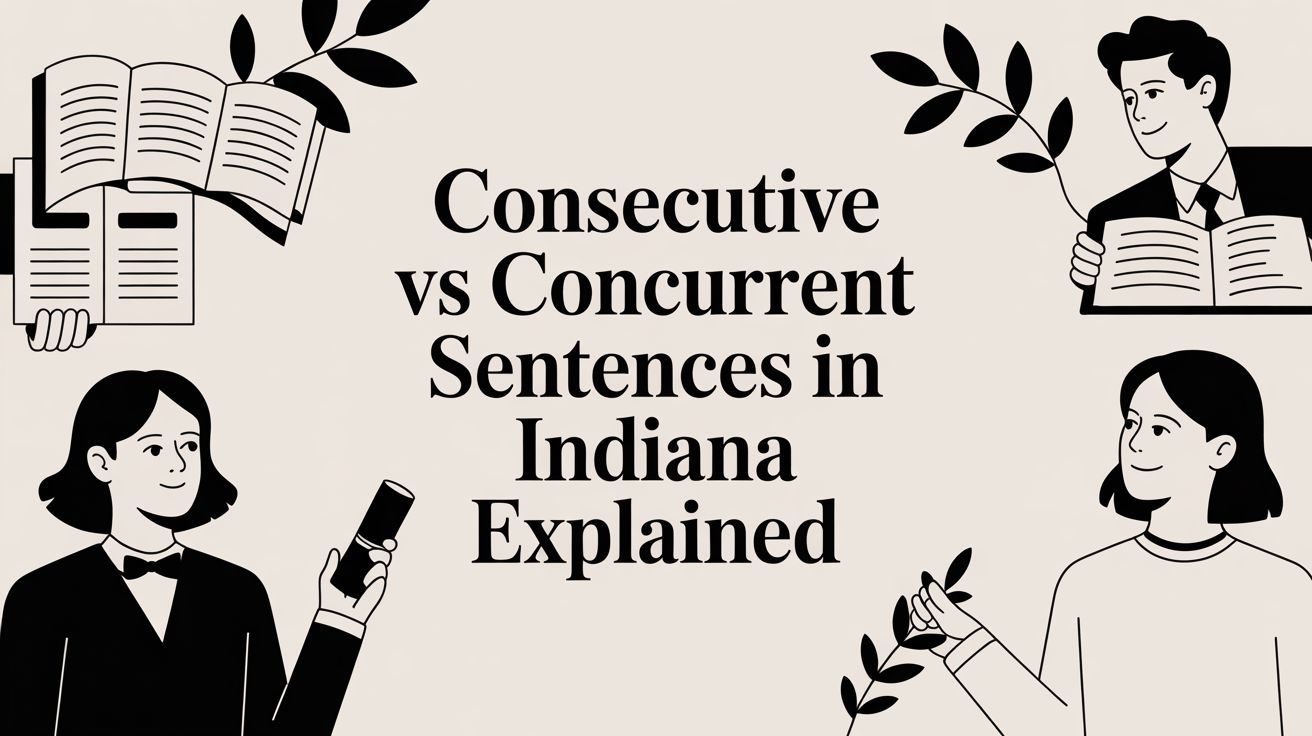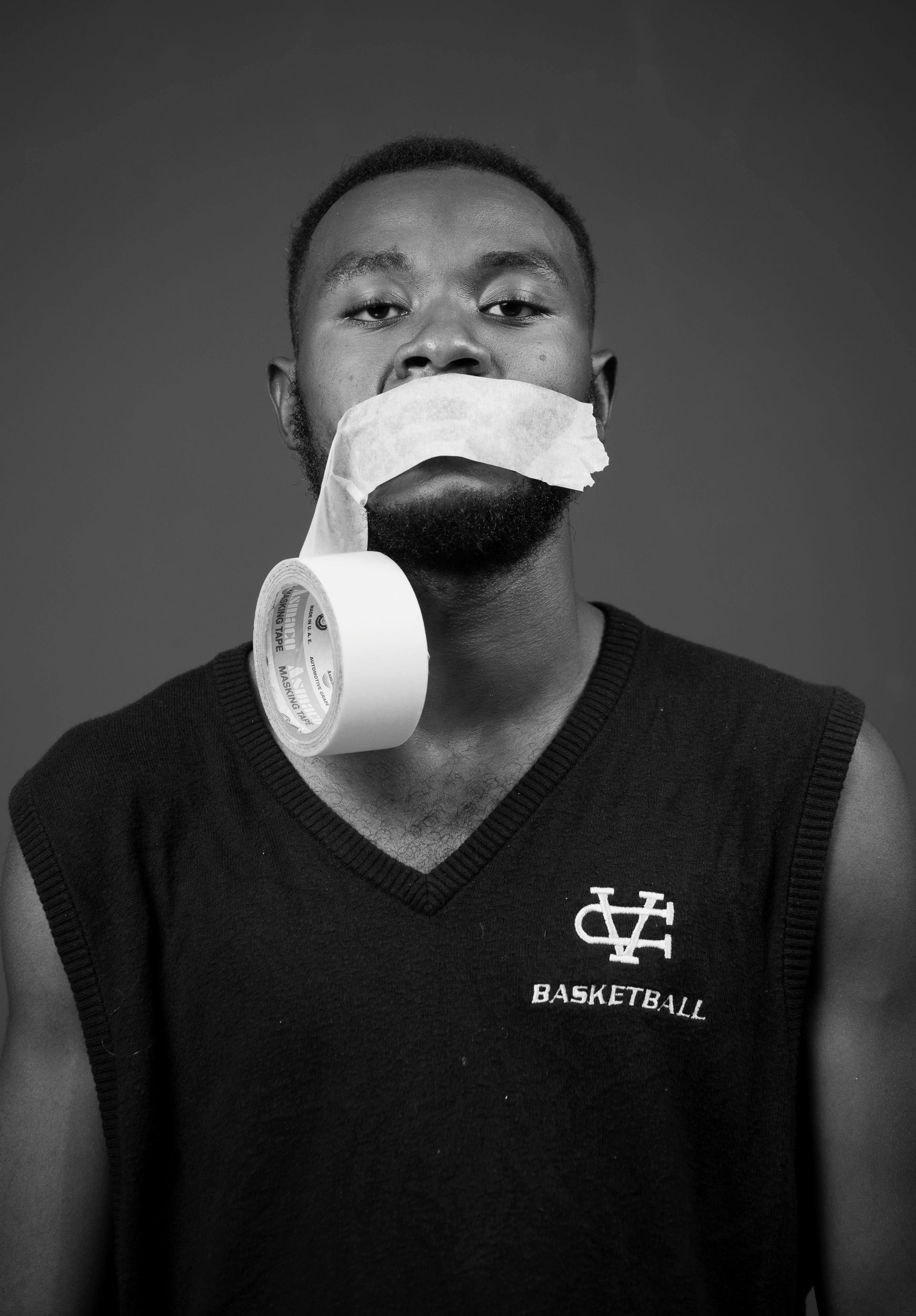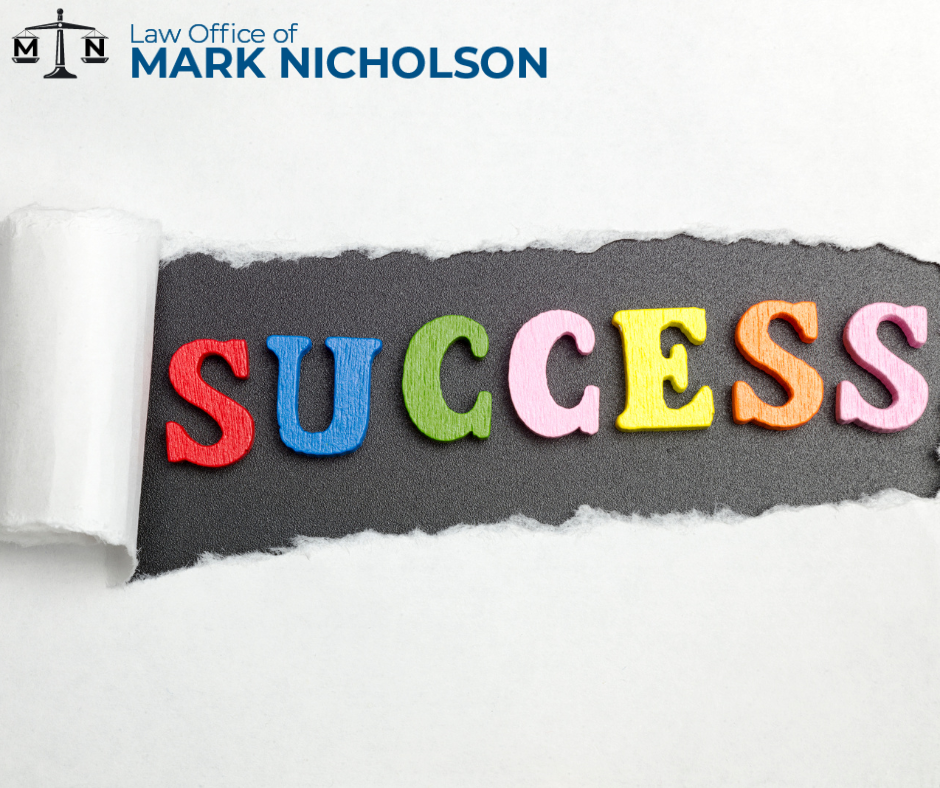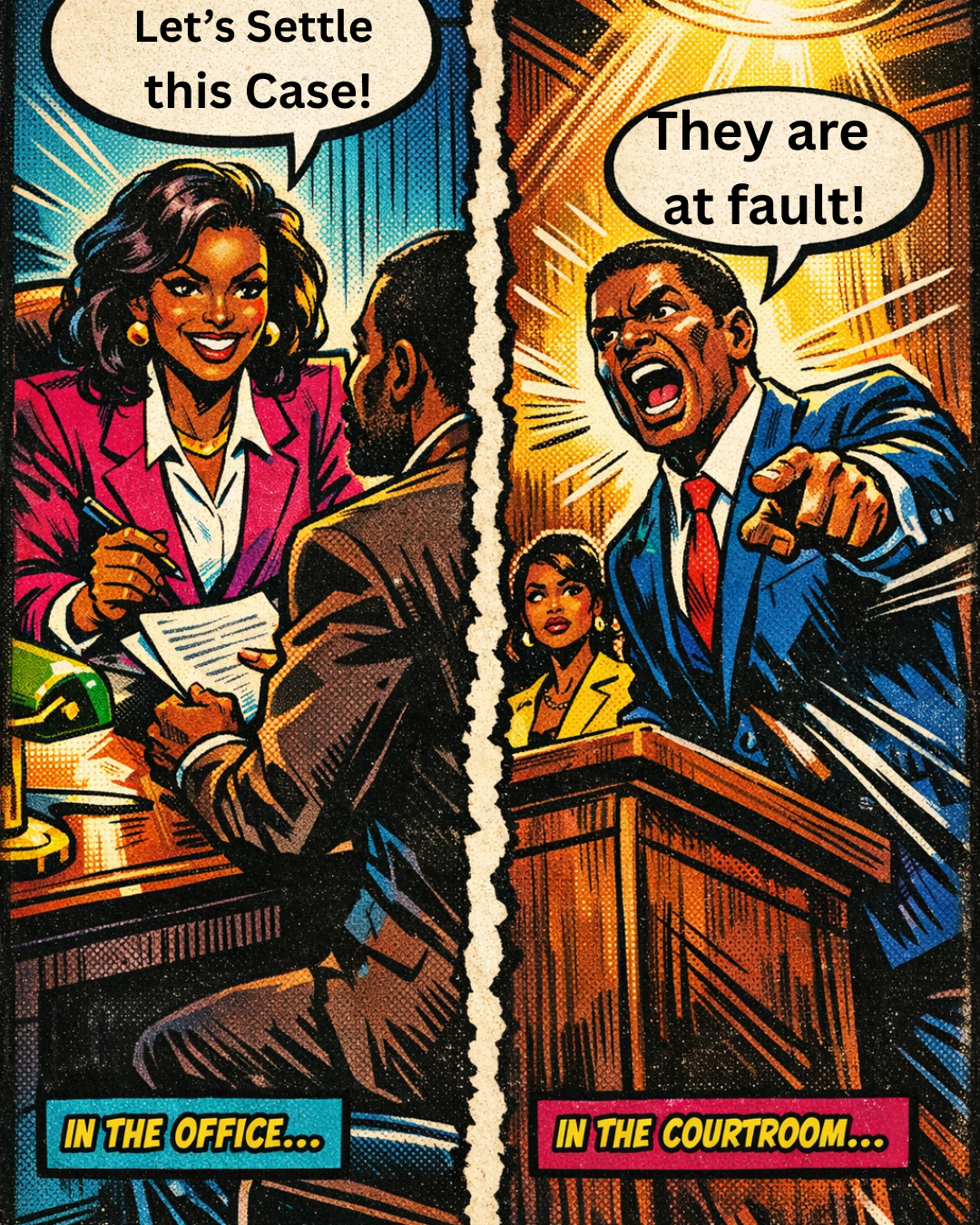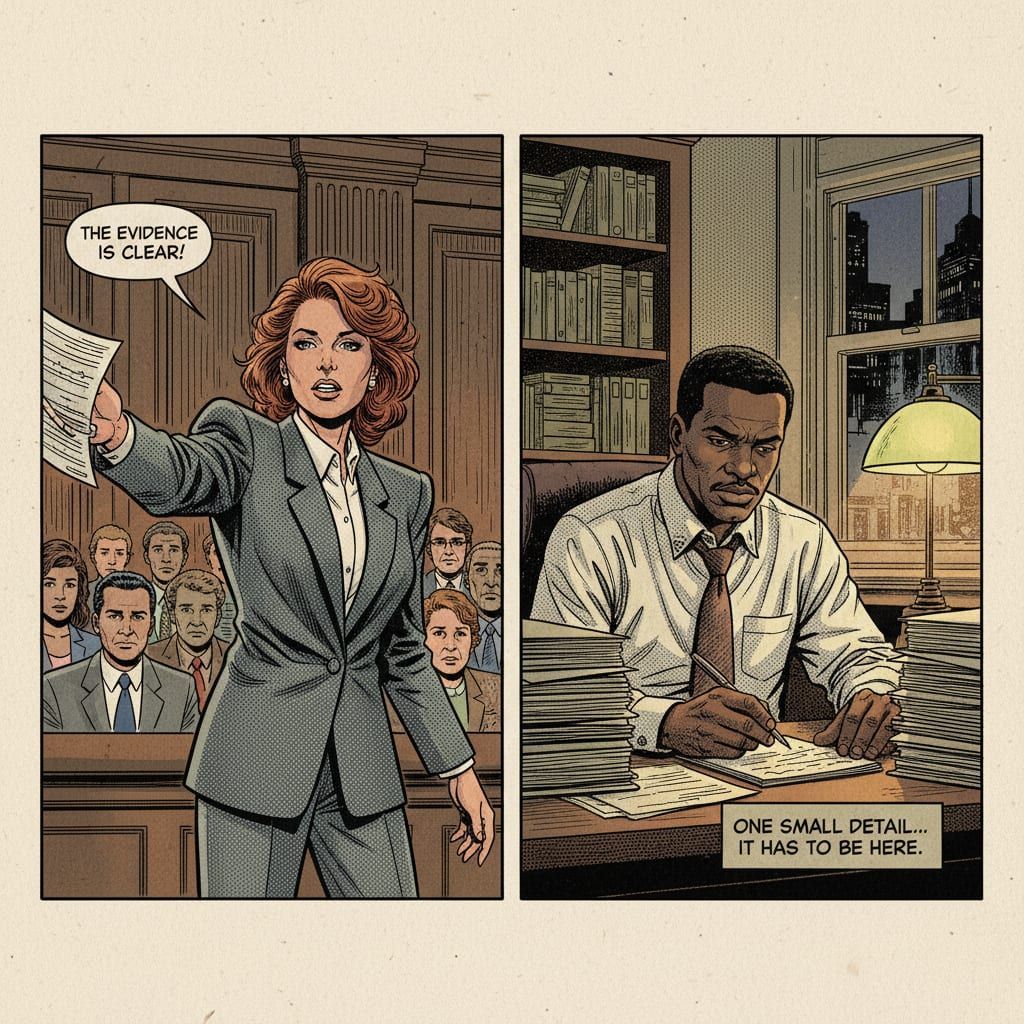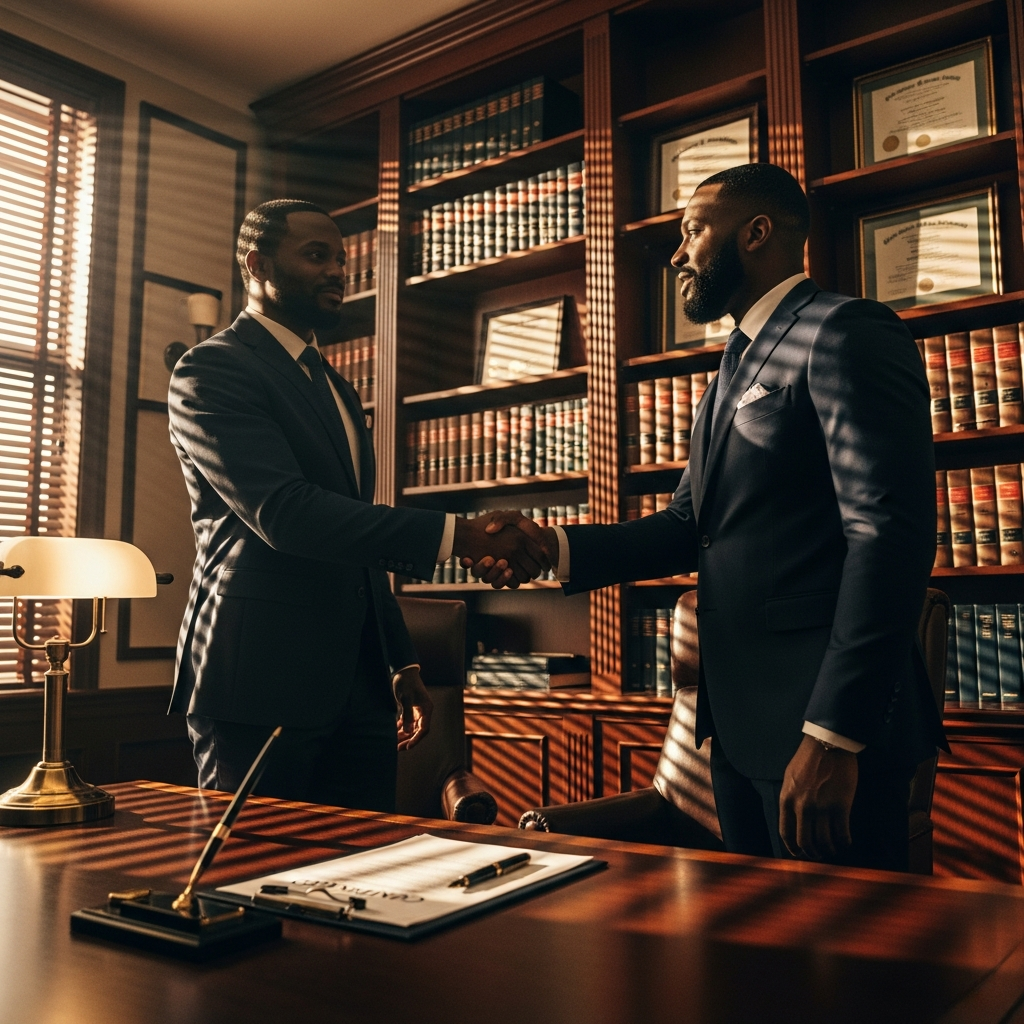Puff Daddy Trial: Week Four Updates
Puff Daddy Week Four Trial Updates!
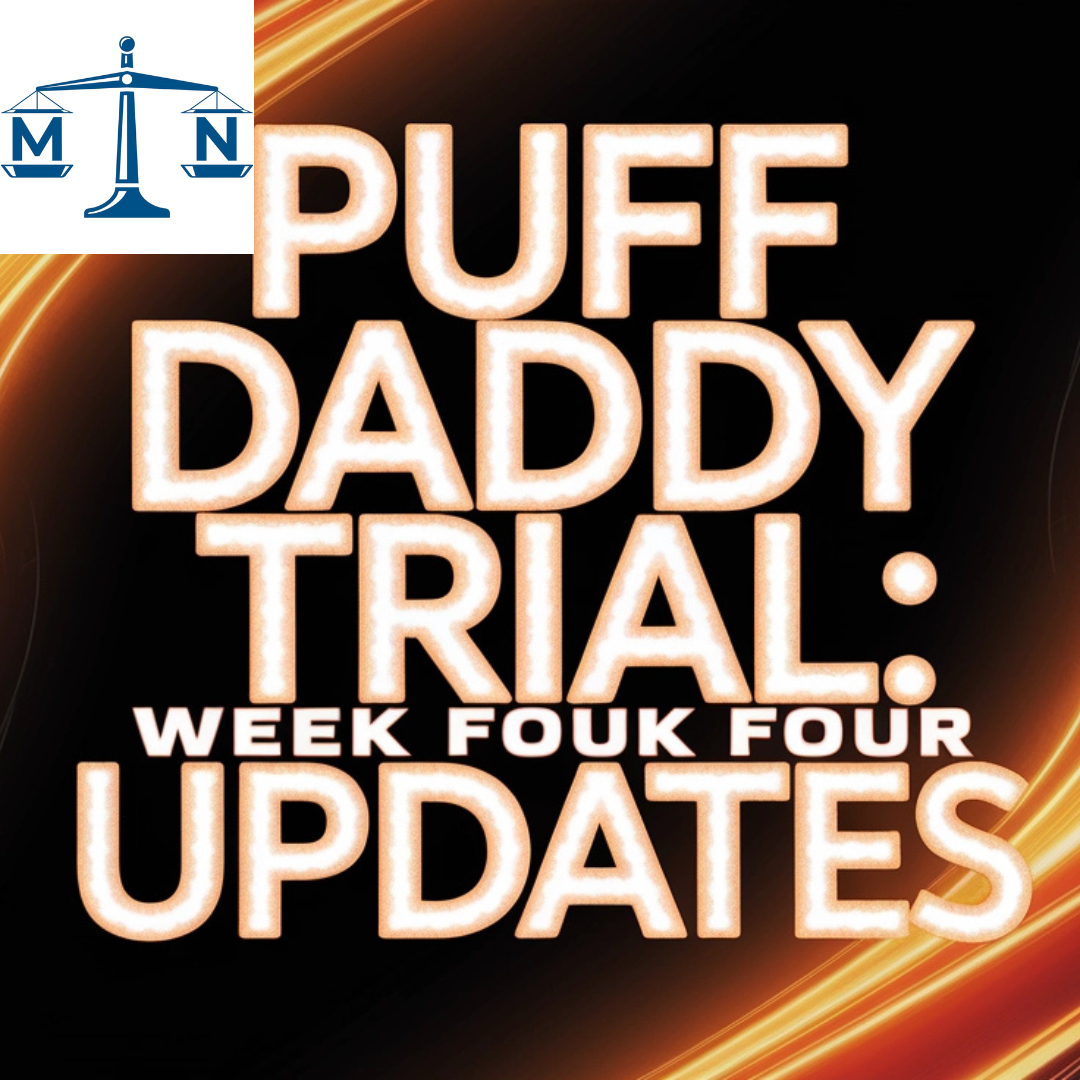
The High-Stakes Drama Continues
As week four of Sean "Diddy" Combs' sex trafficking trial unfolds, the courtroom has transformed into a battlefield of explosive testimony, fierce defense strategies, and judicial warnings. For those following this high-profile case, the latest developments provide a raw look at how criminal trials actually operate—far from the sanitized versions we see on TV. At the Law Office of Mark Nicholson, we've handled numerous complex criminal defense cases, and while most don't grab national headlines like Combs', the fundamental legal principles remain the same.
Key Witness "Jane" Delivers Emotional Testimony
The fourth week centered around the testimony of a witness identified only as "Jane," whose statements cut through the courtroom with devastating impact. Jane detailed her experiences with Combs, describing what she called "hotel nights" that allegedly involved sexual encounters with a male prostitute and Combs himself.
According to her testimony, these encounters followed a disturbing pattern—three rounds of sex during these evenings, with Combs controlling when and if she could stop, even when she was exhausted. Perhaps most compelling was the moment Jane broke down in tears while recounting how Combs reportedly reacted with disgust when she cried during these encounters.
This type of emotional testimony presents significant challenges for defense teams. As experienced criminal defense attorneys, we've seen firsthand how jurors often connect deeply with witnesses who display genuine emotion. However, skilled cross-examination typically focuses on inconsistencies in the narrative rather than attacking the witness directly—a delicate balance in sexual misconduct cases.
Defense Counters with Alibi Evidence
The defense team came out swinging this week, directly challenging another accuser's testimony about a balcony incident. Bryana Bongolan had previously testified that Combs dangerously held her over a balcony, but the defense presented evidence suggesting Combs wasn't even in California when this allegedly occurred.
Their evidence included documentation showing Combs was in New York for the Bad Boy reunion tour, supported by a bill from the Trump International Hotel and Tower. This represents a classic defense strategy: establishing an alibi to create reasonable doubt about the prosecution's timeline.
Despite this evidence, Bongolan maintained she had no doubt about her identification of Combs as the perpetrator of the balcony incident. This creates the exact type of credibility contest that makes jury deliberations so unpredictable in criminal trials.
Judge Issues Stern Warning to Combs
In a dramatic moment that highlighted the intense courtroom dynamics, Judge Arun Subramanian delivered a sharp rebuke to Combs for reportedly attempting to engage with jurors during testimony. The judge threatened to remove the music mogul from the courtroom if such behavior continued.
This type of judicial intervention is far from unusual in high-stakes criminal trials. At the Law Office of Mark Nicholson, we emphasize to our clients that courtroom conduct matters significantly. Jurors notice everything—from a defendant's expressions to their attentiveness—and these impressions can impact the verdict as much as the evidence itself.
The Weight of Witness Testimony
Other witnesses during week four included a former assistant and hotel staff, adding layers to the prosecution's narrative. While specific details of their testimonies weren't extensively reported, these supporting witnesses often provide crucial context that helps jurors piece together a coherent timeline of events.
In sex trafficking cases, corroborating evidence becomes particularly important. Prosecutors typically build cases like a pyramid—with the main accusers at the top, supported by a broader base of witnesses who can verify peripheral details, timelines, and patterns of behavior.
Legal Analysis: What This Means for the Case
The fourth week represents a critical juncture in the prosecution's case against Combs. With the testimony of "Jane" now in evidence, jurors have heard direct allegations about the pattern of behavior that forms the core of the sex trafficking charges.
Sex trafficking charges require prosecutors to prove that the defendant recruited, enticed, harbored, transported, provided, obtained, advertised, maintained, patronized, or solicited a person for the purpose of a commercial sex act, using force, fraud, or coercion. "Jane's" testimony appears aimed at establishing these elements, particularly the coercion component.
The defense's strategy has become clearer as well—creating reasonable doubt by challenging the accuracy of witness accounts and establishing alternative narratives about Combs' whereabouts during key events. This approach mirrors what we see in many criminal defense cases, where reasonable doubt remains the ultimate goal.
Courtroom Reality vs. Television Drama
For those following the trial through media reports, it's important to understand how criminal trials actually unfold compared to their television counterparts. Real trials like Combs' don't feature dramatic last-minute revelations or Perry Mason moments. Instead, they're methodical processes where evidence builds gradually, credibility is established incrementally, and jurors form impressions over weeks of testimony.
At the Law Office of Mark Nicholson, we prepare our clients for this reality. Criminal trials are marathons, not sprints, requiring strategic patience and disciplined focus throughout the proceedings.
What to Watch For in Week Five
As the trial moves into its fifth week, several key developments may emerge:
- Cross-examination fallout: How will the defense attempt to undermine "Jane's" credibility without appearing to attack a sympathetic witness?
- Additional accusers: Will more witnesses come forward with similar allegations, potentially establishing a pattern of behavior?
- Defense witnesses: When will the defense begin calling their own witnesses, and who will they be?
- Combs' testimony decision: Will Combs himself take the stand? This decision carries enormous risk but could also humanize him to the jury. However, I stand by my prediction that Combs will not testify.
- Jury reactions: While not publicly reported, attorneys in the courtroom will be carefully monitoring juror body language and engagement for clues about how the evidence is landing.
The Bigger Picture: What This Case Teaches Us About Criminal Defense
High-profile cases like Combs' trial provide valuable insights into the criminal justice system that apply to cases at all levels. At the Law Office of Mark Nicholson, we see several universal principles at work:
- Witness credibility is paramount: Ultimately, jurors must decide who to believe when accounts conflict.
- Documentary evidence matters: The defense's hotel receipt strategy shows how physical evidence can challenge even confident eyewitness testimony.
- Courtroom behavior impacts outcomes: The judge's warning to Combs highlights how a defendant's conduct in court can influence proceedings.
- Trial strategy evolves: Both prosecution and defense must adapt as new testimony emerges and unexpected developments occur.
- Public perception differs from jury experience: Those following through media receive a filtered version of events compared to what jurors witness firsthand.
Justice in Progress
As week four concludes, the trial continues to demonstrate why experienced legal representation is crucial in criminal cases. Whether defending against serious federal charges like those Combs faces or handling state-level criminal matters, the fundamental principles of vigorous defense, strategic evidence presentation, and courtroom advocacy remain constant.
The Law Office of Mark Nicholson approaches every case with the same aggressive advocacy, regardless of its public profile. While most of our clients don't face the intense spotlight of a celebrity trial, they receive the same dedicated defense strategy tailored to their unique circumstances.
For those facing criminal charges in Indiana, understanding how trials actually unfold—as illustrated by high-profile cases like Combs'—can help prepare for the challenging legal journey ahead. Our team at the Law Office of Mark Nicholson stands ready to provide the aggressive, experienced representation that every defendant deserves in our justice system.

